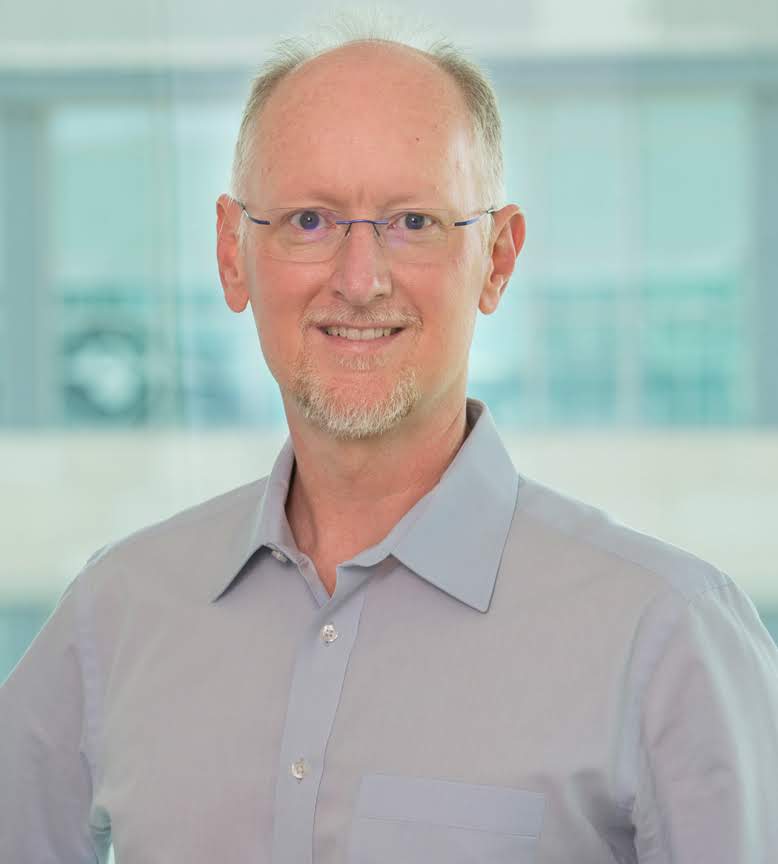
Kenneth Wright
Inducted in 2023Ken Wright graduated magna cum laude from North Carolina State University in 1993 with a BS in computer engineering and electrical engineering. He earned his MS in Electrical Engineering from the University of Virginia in 1996.
Ken is a memory specialist and technical executive with 30 years of experience in highly complex and reliable systems. He has more than 120 patents and has published more than 15 articles in journals, including IEEE Computer, Micro, ISC, ISCA, HPCA, EDAPS, MEMSYS, and the Journal of Physics.
From 1996-2016, Ken worked for IBM, where his favorite projects included designing memory subsystems for Blue Gene and Watson, and working on the EMCWF installation team that created the first computer system that could do a 7-day weather forecast. He received IBM’s award for Outstanding Technical Achievement for his leadership and work on teams that developed POWER PC, Mainframe, and AS/400 systems. In his last two years with IBM, Ken moved from Austin to Bangalore, India, to oversee development teams at the India Systems and Technology Lab, where he also served as Technical Customer Advocate for clients from Korea and China.
In 2015, Ken joined Rambus in Sunnyvale, CA, where he managed a team of 40 senior engineers and visiting professors. As Senior Director of Engineering Architecture, he coordinated research initiatives into fields such as cryogenic computing, signaling at 200Gb/s, memory architectures for AI/ML, and hybridization of emerging SCMs with DRAM and flash memory subsystems.
As Senior Director of System Engineering Datacenter GPU at AMD, Ken manages a global team of more than 120 engineers. His team is responsible for deploying and maintaining the GPU subsystem for the first exa-scale computer, Frontier, at Oak Ridge National Labs. During COVID, Ken and his team donated GPUs and millions of computing hours through the AMD HPC Fund, working to identify and isolate the COVID virus protein markers.
Ken believes an engineer’s real mission is to make the world a little better for people and the environment than they found it. Over time, small steps made by many engineers add up to great improvements.
